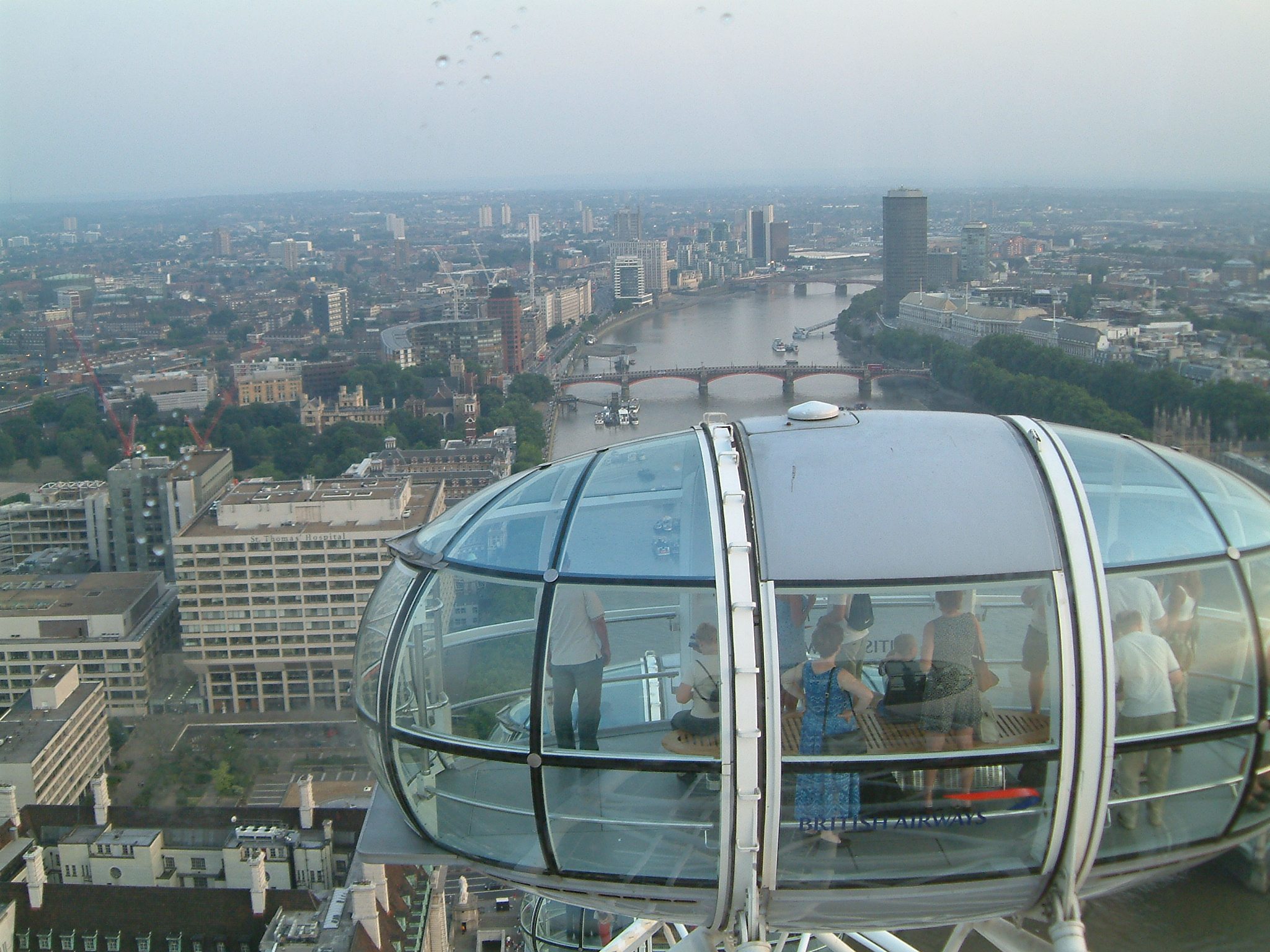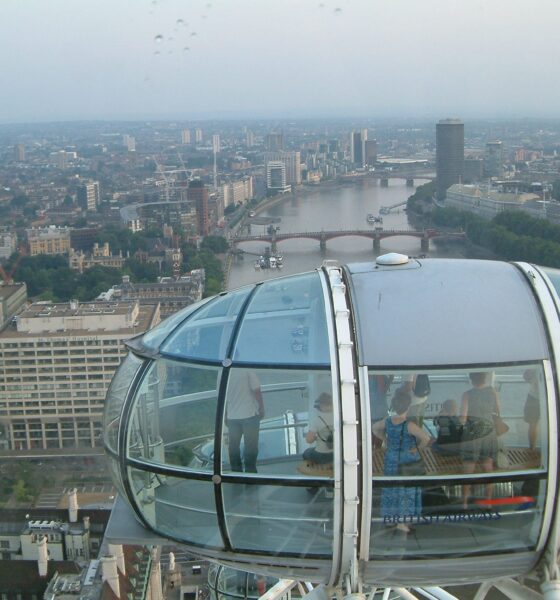

Features
Decentralisation is a question of ‘why?’ not ‘how?’
We need to decide on the future shape of our democracy at a national and local level.
This article originally appeared in Blue & Green Tomorrow’s Guide to Sustainable Democracy 2014.
Citizens in the United Kingdom live in one of the most centralised democracies in Europe. Our history, lack of established federal structures, the relative stability of our external border and transport infrastructure has hard-wired power into the ‘national’ capital of Westminster.
This centralisation creates a vicious circle for devolved government, with disempowered local governments breeding citizen disengagement, in turn causing a headache for national politicians blamed for local failures. Our London-based ‘national’ media exacerbates this issue, demanding national political action often for hyper-local concerns, usually without understanding local context and sensibilities.
The devolution for the constituent countries of the UK in 1997 and coming referendum in Scotland may have irretrievably weakened the bonds that tie the UK together, but it’s an incoherent solution with varying powers in different countries.
The regions of England, all but two of which have greater populations than Scotland, Wales and Northern Ireland, have fewer (if any) powers than the devolved parliament and two assemblies. England also has MPs of devolved countries participating in making laws and setting polices for England’s citizens, which won’t affect their own constituents. If it is wrong for English MPs to impose their will on Scotland, Wales and Northern Ireland, the opposite is equally true. Three hundred years of English MPs effectively doing this to citizens of Scotland, Wales and Northern Ireland does not make it right for this now to happen in reverse.
In a recent paper by the Institute of Government, three broad sources of resistance to greater decentralisation were spelt out: national government that is greedy for power, regional government that has not proven itself to be effective and the general public who are disengaged with the political system. To be a success, these sources of resistance need to be addressed.
The same paper then spells out how this resistance could be overcome. There needs to a comprehensive transfer of powers for there to be meaningful reform; the scale of the geographical area devolved needs to be large enough to have a strategic role; there needs to be rigorous governance and accountability and the local electors need to be given a real choice.
The paper then explores examples of successful devolution in Scotland, Wales, Northern Ireland and the Greater London Authority. Less successful have been regional assemblies in England and the recent introduction of Police and Crime Commissioners, which the majority of British people now wish to abolish.
Other reforms such as City Deals (granting powers over revenue raising, pooling and retention, transport and infrastructure investment, and skills), City-Region Combined Authorities (pooling economic development powers of constituent authorities) such as Manchester and the occasional directly elected city mayor (a city’s ‘CEO’, of which there are 16 in England) have delivered mixed results.
England overwhelmingly rejected more layers of local politicians. The devolved parliament and assemblies would now like to remove the Westminster layer of oversight and interference. This dysfunctional and patchy democratic settlement is unsatisfactory in one of the world’s oldest and most successful democracies. Voter apathy is only exacerbated by dysfunctional institutions, not the other way around.
Clearly, where powers are devolved, only those politicians whose constituents will be affected by a change in law or policy should vote. UK politicians would vote on matters of national importance and so on, down to local politicians on local issues.
We need to decide on the future shape of our democracy at a national and local level. There needs to be a clear and consistent division of power between different levels of decision-making, or with the same directly elected politician sitting at local, regional and national levels. During the debates over coalition reforms of the NHS, Nigel Edwards, acting chief executive of the NHS Confederation, made a comment that is relevant here: “There are very few questions to which the answer is ‘more politicians’.”
Ever more layers of politicians aren’t going to make our democracy more effective, unless we have a clear idea of what they are all for, and what value they add.
Photo: Simon Carlsson via freeimages.com
Further reading:
Voting with your voice: why elections should be shaped by policies, not parties
‘Does Magna Carta mean nothing to you? Did she die in vain?’
One size doesn’t fit all: democracy is not always the best form of government


 Environment12 months ago
Environment12 months agoAre Polymer Banknotes: an Eco-Friendly Trend or a Groundswell?

 Features11 months ago
Features11 months agoEco-Friendly Cryptocurrencies: Sustainable Investment Choices

 Features12 months ago
Features12 months agoEco-Friendly Crypto Traders Must Find the Right Exchange

 Energy11 months ago
Energy11 months agoThe Growing Role of Solar Panels in Ireland’s Energy Future




























